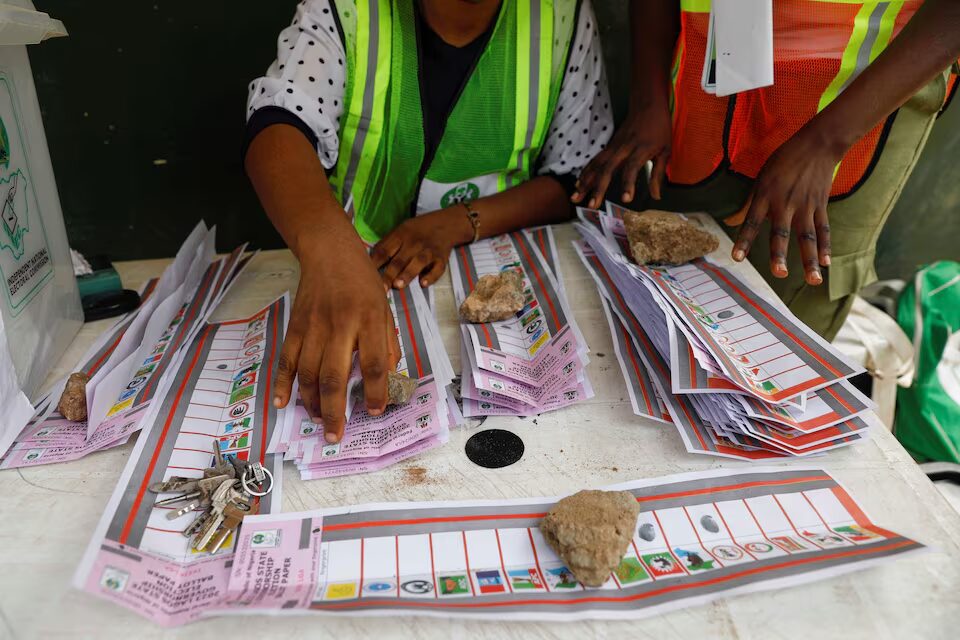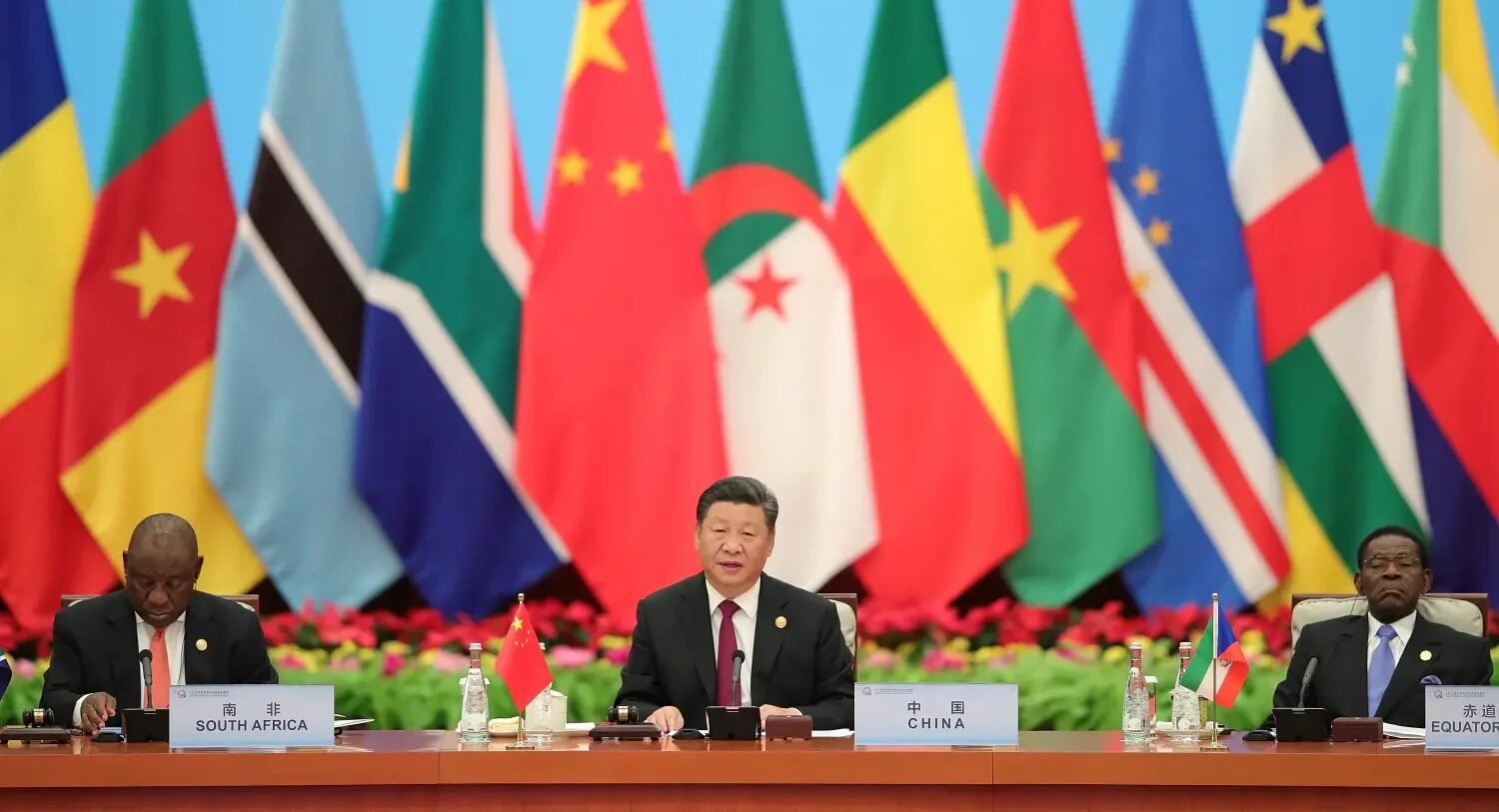
Thursday 27th November 2025

by inAfrika Newsroom
JA Africa digital safety campaign is set to train a quarter-million children on how to navigate the internet more safely. Junior Achievement (JA) Africa and Google.org today announced a USD 1.5 million initiative that will roll out digital literacy and online safety lessons across Ghana, Kenya, Nigeria and South Africa by 2027.
The programme will use Google’s “Be Internet Awesome” curriculum to equip 250,000 learners aged 7–15 with skills to manage privacy, avoid scams and handle cyberbullying. It will also train 6,000 teachers and engage around 8,000 parents and caregivers, so that guidance continues at school and at home.
Moreover, the JA Africa digital safety project will rely on in-person sessions and digital content tailored to local contexts and languages. Organisers say this mix should help reach children in both urban and peri-urban schools, where device access and internet quality still vary widely.
Beyond safety, the curriculum introduces basic concepts of digital citizenship and critical thinking. Students learn how algorithms shape what they see online and why strong passwords and two-factor authentication matter. Teachers receive ready-to-use lesson plans and ongoing support, which should make adoption easier in already crowded timetables.
However, the organisers stress that connectivity gaps still limit full participation in some communities. They plan to work with schools, telecom operators and local NGOs to improve access where possible and to adapt materials for low-bandwidth environments.
Google.org’s grant forms part of a wider push to support digital skills programmes on the continent. JA Africa sees the partnership as a way to add online resilience to its long-running focus on entrepreneurship and work-readiness.
More African children are coming online through cheap smartphones and school connectivity projects, yet few receive structured guidance on safe behaviour. The JA Africa digital safety initiative helps close that gap by reaching students, teachers and parents at the same time. Stronger digital literacy reduces the risk of fraud, harassment and exploitation while also building confidence to use online tools for learning and business. Over time, better-informed young users can strengthen trust in digital platforms and support growth in e-commerce and online services. For policymakers, this project offers a replicable model that other countries could adapt as their own internet use expands.


